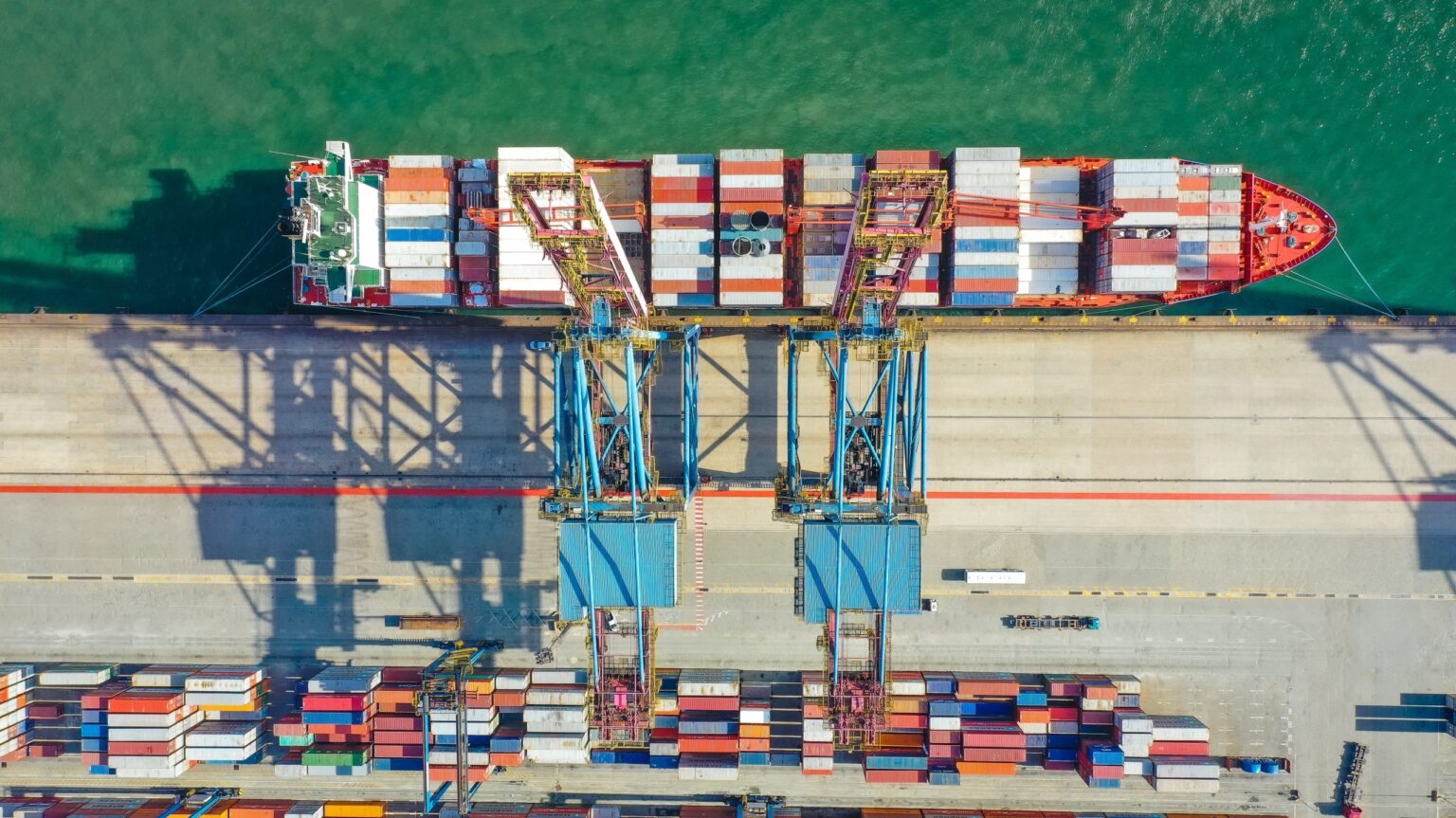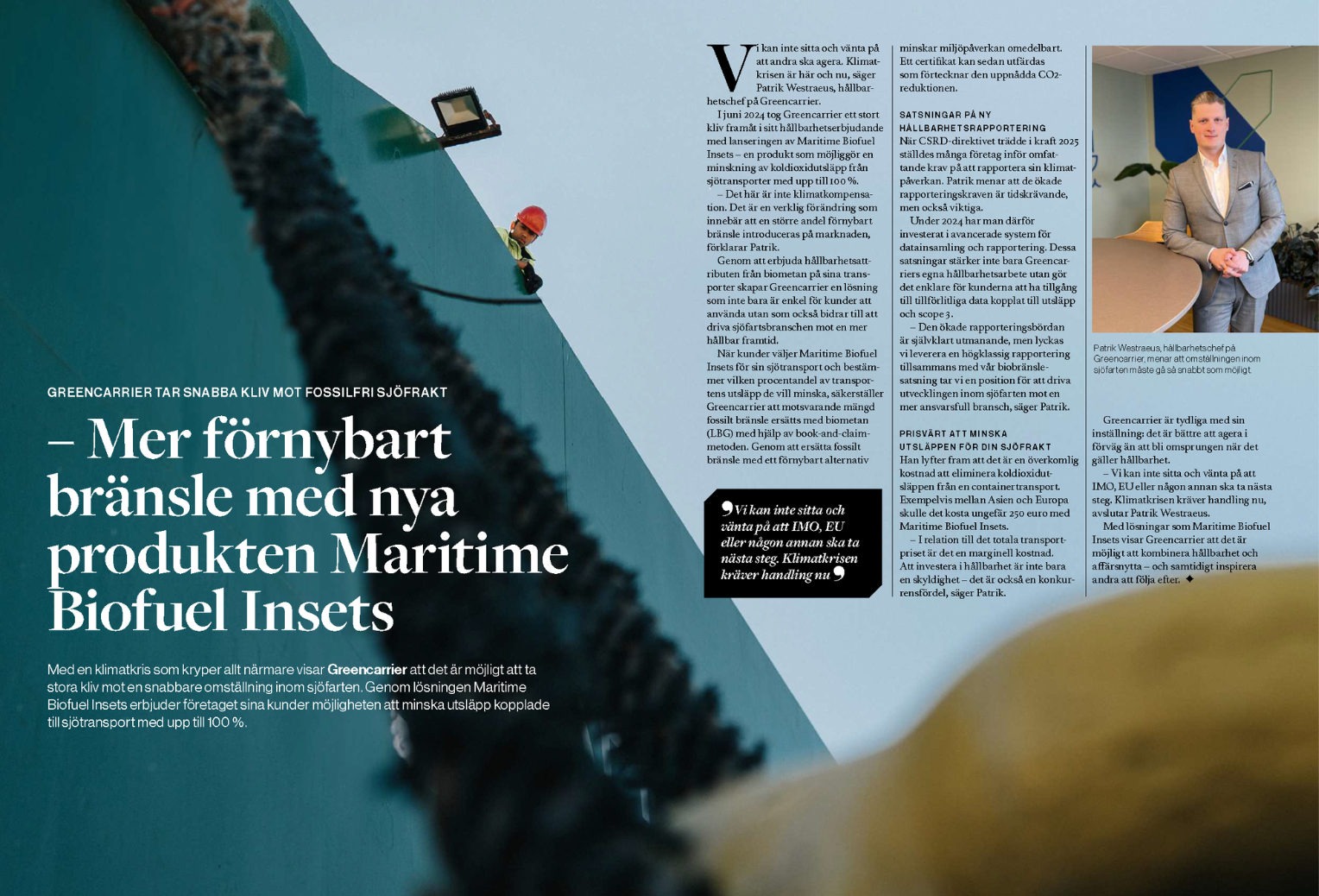Sharing is becoming more and more common. It is better for the environment and better for the economy. Which is exactly why Less than Container Load (LCL) shipments are starting to make sense for a lot of companies right now. Historically, we have always been taught that mass production and bulk trade is more economical. But times are changing.
Mass production is both unnecessary and extremely unpopular in today’s society
The benefits of mass production no longer outweigh the costs: financial or environmental. Resources, and storage spaces, are less readily available than they once were. Not only that, but a lot of businesses are also shortening their product lifecycles and keeping their stock levels to a minimum in response to rapidly changing customer demands.
Production lines these days are leaning heavily towards a more ‘on demand’ approach. Whereas the age-old attitude of hoping to sell everything that’s already been produced is fast declining in today’s climate.
Speedier turnover of inventory, less risk and lower storage costs with LCL shipments
I sometimes hear people refer to LCL shipments as a stopgap solution. But LCL is actually a better option a lot of the time. Imagine if you were to buy a slightly smaller quantity, require slightly less storage space, lower your risks slightly and enjoy a speedier turnover of inventory. How would that affect your financial results compared to bulk purchasing, management of a larger inventory, weightier storage costs, higher risks and a slower turnover?
This dilemma reminds me of the choice I often face when I go shopping. For example, when I go to pick up a bar of chocolate and see a 2 for 1 special offer. It seems like a great deal at the time, but instead I just end up putting on weight because of something I neither wanted nor needed.
The flexibility of LCL shipments can be a much better option
It’s exactly the same with stockpiling goods. As a purchaser, you’re tempted to buy more than you actually need or can in fact sell. Often due to special deals and bulk prices. And it’s the same with shipping, you’re tempted to fill a container in order to reduce your freight costs. But in reality, those goods can end up costing more money in the long term; in the form of unnecessarily high storage costs and an incapacity to sell the stock within an acceptable period of time.
This type of scenario is neither good for your bottom line nor is it good for the environment. Excess stock can lead to goods being sold at a reduced price. Or, worse still, it can result in companies actually having to destroy goods to maintain their brand image and pricing structures. Imagine what that means in an industry like the textile industry, where production itself represents approximately 90% of all emissions and transportation represents only 10%. It is an unnecessary and perfectly avoidable waste of resources. In situations like this, the flexibility of Less than Load Container (LCL) shipping suddenly seems like a much better option all round.
So, what are Less than Container Load (LCL) shipments exactly?
Less than container load (LCL) is nothing more than simple container-sharing. It is a hugely convenient solution made possible by freight forwarders, who have constant access to thousands of part-containers travelling the world. Thanks to the regular departure schedules, LCL shipments rarely have to wait to be shipped. Allowing smaller shipments to hitch a ride on these partially filled containers makes sense, both financial and environmental.
The freight forwarder simply combines any consignments from a specific departure point that don’t quite make up a full container load (FCL). These part-container consignments are consolidated and the container is then shipped to its destination port. On arrival, the shipment is split back into its original consignments for onward delivery to each respective destination.
Financial and environmental savings by examining purchasing patterns
I truly believe that a lot of companies could make financial and environmental savings through shipping smaller volumes by LCL. For themselves and for their customers. All they need to do is take a closer look at their purchasing patterns. In fact, it’s something I have personally helped a number of customers with. Simply analysing their volumes from a broader perspective has enabled them to reduce their overhead costs and carbon footprint.
From single LCL shipments to complex, multi-stop consolidations, we’ve been developing and fine-tuning our LCL services here at Greencarrier Consolidators. We would love to help you review your purchasing patterns and shipment plans, and hopefully we can help you reduce your costs and emissions too.




